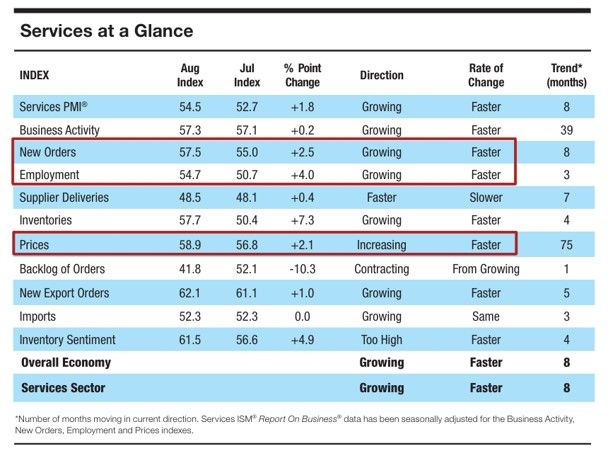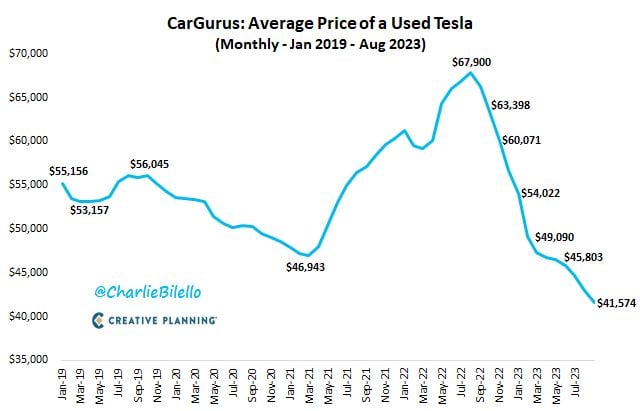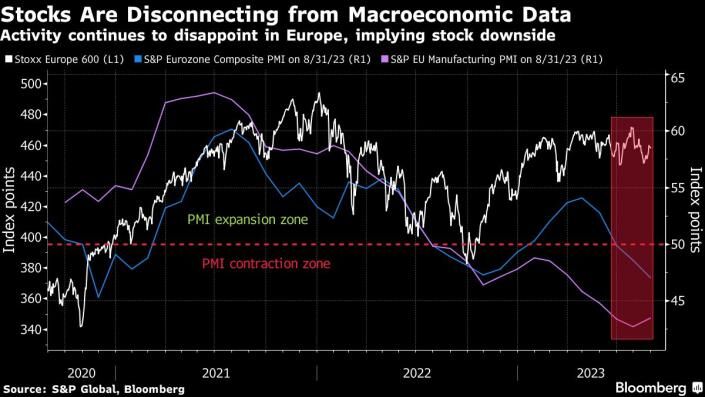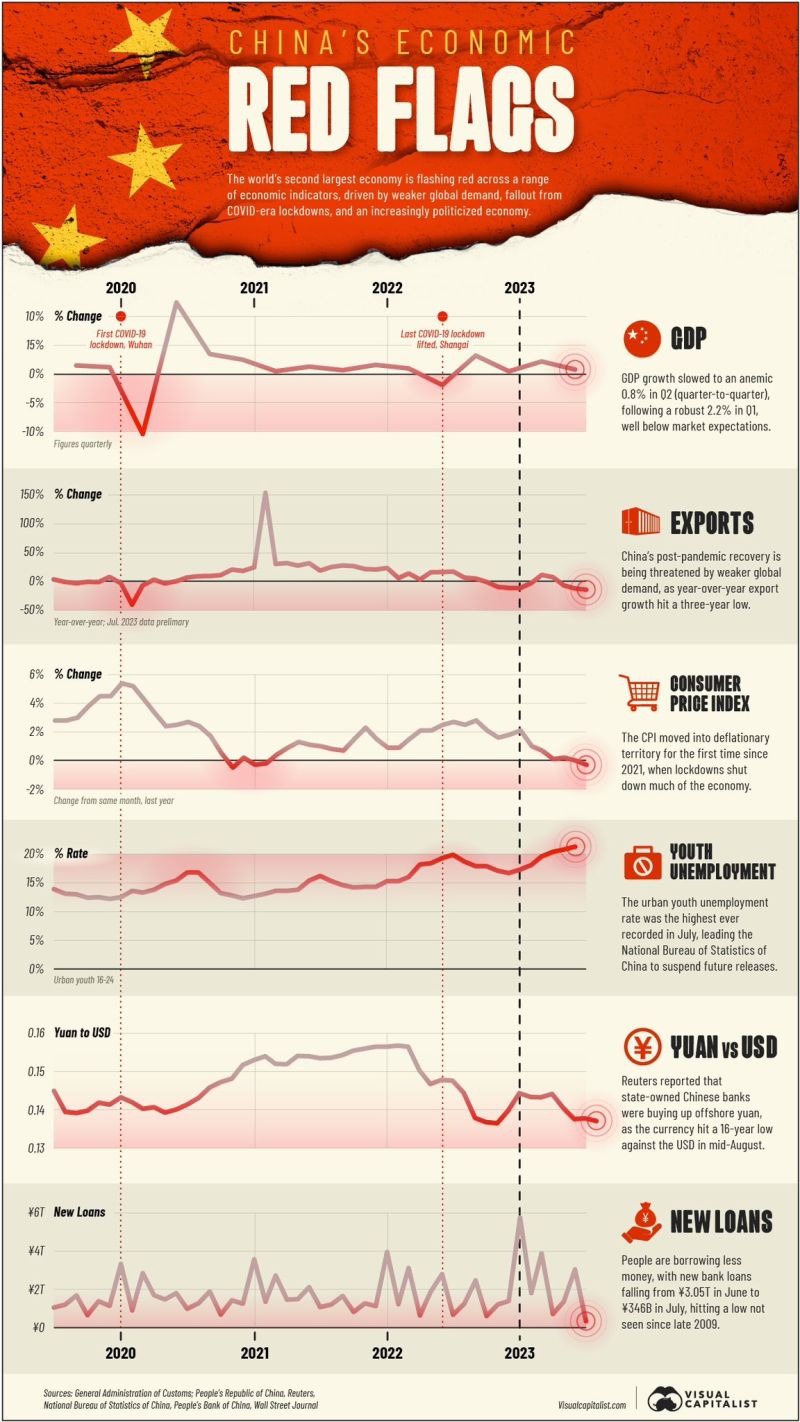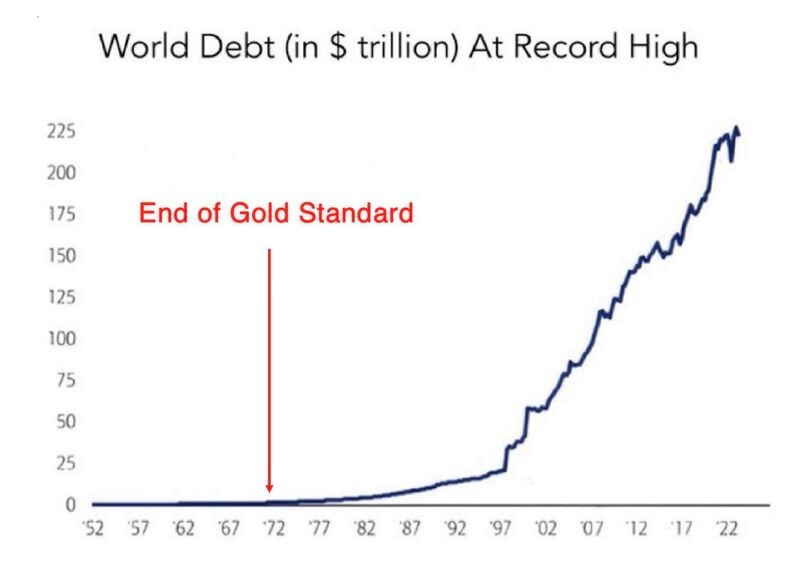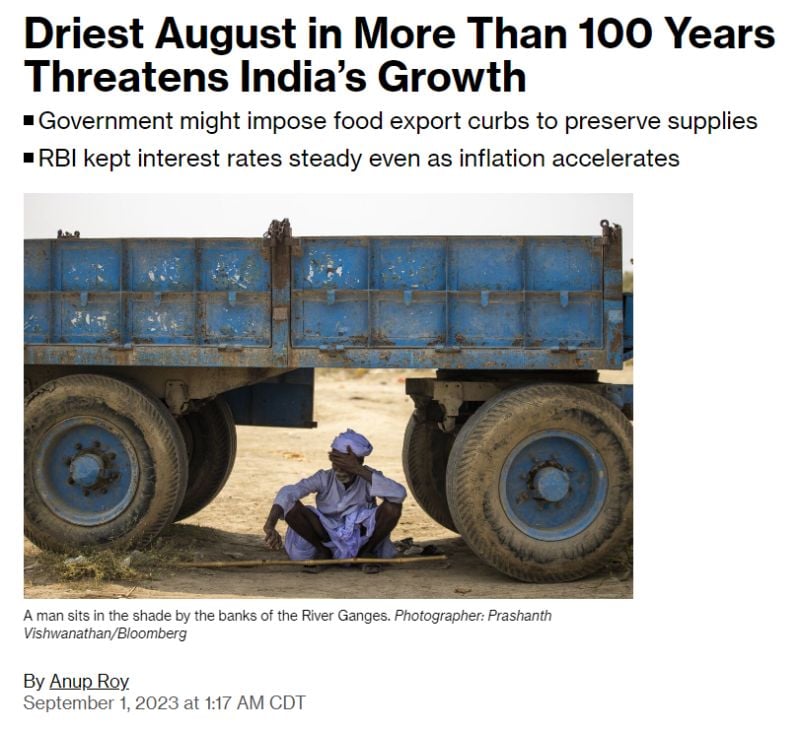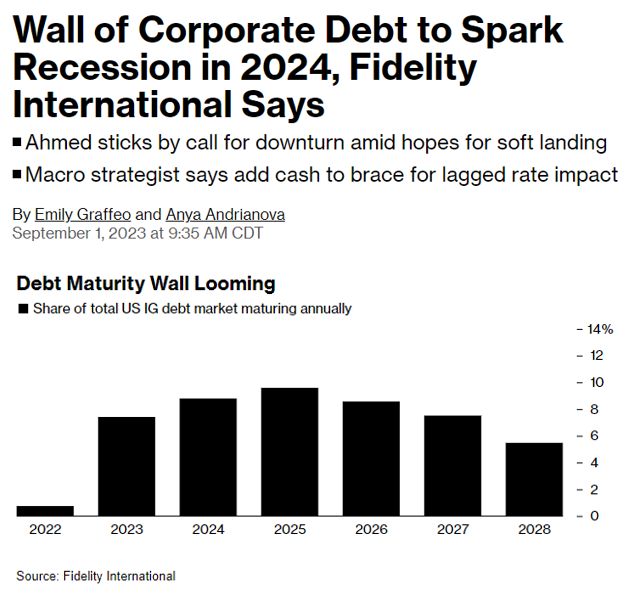Straight from the Desk
Syz the moment
Live feeds, charts, breaking stories, all day long.
- All
- us
- equities
- Food for Thoughts
- macro
- sp500
- Bonds
- Asia
- bitcoin
- Central banks
- markets
- technical analysis
- investing
- inflation
- europe
- Crypto
- interest-rates
- Commodities
- geopolitics
- performance
- tech
- gold
- ETF
- nvidia
- AI
- earnings
- Forex
- Real Estate
- oil
- bank
- FederalReserve
- Volatility
- apple
- nasdaq
- emerging-markets
- magnificent-7
- energy
- Alternatives
- switzerland
- trading
- tesla
- sentiment
- Money Market
- china
- russia
- assetmanagement
- France
- UK
- ESG
- Middle East
- amazon
- ethereum
- microsoft
- meta
- bankruptcy
- Industrial-production
- Turkey
- Healthcare
- Global Markets Outlook
- brics
- recession
- africa
- Market Outlook
- Yields
- Focus
- shipping
- wages
One key development of the week (beyond brent hitting $90) has been stronger than expected macroeconomic data - e.g the ISM services (see data table below from Markets & Mayhem)
Indeed what we are seeing in the last ISM Services PMI reading may not be the best news for the inflation situation: 1) New orders growing faster 2) Employment growing faster (from being nearly flat m/m) 3) Prices rising faster And the market reaction - stocks pulling back - means that good macro news is bad news for the market again. Indeed, while a growing economy supports rising corporate profits (which is a positive), a too strong economy would imply a more hawkish FED than it is currently anticipated by the market.
At least there is deflation somehwre...
The average price of a used #Tesla has declined 13 months in a row, moving from a record high of $67,900 in July 2022 to a record low of $41,574 in August 2023 (-39%). Source: Charlie Bilello
Total Global Debt is now estimated to be over $300 Trillion and has been rising exponentially since 1971
Source: TheBTCTherapist
A wave of corporate debt refinancing over the next 6 months will spark a recession in 2024 warns Fidelity International
Source: Barchart, Bloomberg
Investing with intelligence
Our latest research, commentary and market outlooks


